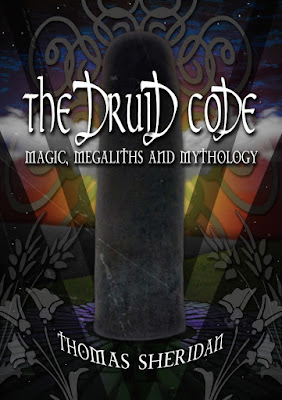Fiction Review: The Race by Nina Allan.
On the surface, Nina Allan’s novel is about alternate realities and the quest to overcome individual and collective perceptions. The story concerns various characters connected through generations and imaginings. Some of the characters believe they have corresponding siblings on the periphery of their own worlds. The arc of the novel concerns itself with the attempts of these people and their society to make sense of strange signals and communications said to come from the stars or, possibly, other dimensions.
This novel unfurls slowly. The connections touch and drift, almost like a maze-like puzzle running through the story of each character. You wonder at the sub-text of each incident, trying to remember if a reflection or clue has already been glimpsed in a previous chapter.
Not that the novel is elusive, rather, the rewards are greater if you stay alert to the connections and what lies behind the words and events.
This novel is all about language and how it creates various realities and perceptions. As the author writes, “Yet a language was so much more than simply words for things. Language was like the soft clay used by naturalists to record the tracks left by elusive creatures in out-of-the-way places. It captured everything, reflected everything. You could say that language was a recording device for history.”
This is not a novel that I would recommend to everyone. The pace is often deliberate and descriptive. There are many questions left unanswered and some characters are left behind without any definitive conclusion to their stories.
However, I found the writing style very rewarding and the slow-drift and wistful atmosphere often put me in mind of the recent work of Jeff VanderMeer and China Mieville. I enjoyed this book much more, though. For me, both the vulnerability and courage of Allan's characters made this novel much more authentic even within the context of such an imaginative story.
This novel unfurls slowly. The connections touch and drift, almost like a maze-like puzzle running through the story of each character. You wonder at the sub-text of each incident, trying to remember if a reflection or clue has already been glimpsed in a previous chapter.
Not that the novel is elusive, rather, the rewards are greater if you stay alert to the connections and what lies behind the words and events.
This novel is all about language and how it creates various realities and perceptions. As the author writes, “Yet a language was so much more than simply words for things. Language was like the soft clay used by naturalists to record the tracks left by elusive creatures in out-of-the-way places. It captured everything, reflected everything. You could say that language was a recording device for history.”
This is not a novel that I would recommend to everyone. The pace is often deliberate and descriptive. There are many questions left unanswered and some characters are left behind without any definitive conclusion to their stories.
However, I found the writing style very rewarding and the slow-drift and wistful atmosphere often put me in mind of the recent work of Jeff VanderMeer and China Mieville. I enjoyed this book much more, though. For me, both the vulnerability and courage of Allan's characters made this novel much more authentic even within the context of such an imaginative story.

.png)


Comments
Post a Comment